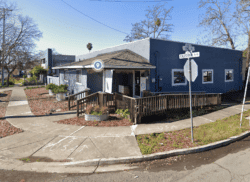AWARD-WINNING Wine | Spirits | Sake | Beer EDUCATION
Wine Can Be Complex. Wine Education Shouldn't Be.
Whether you’re looking to advance in your career with a WSET certification or just be more confident in the wine aisle, we offer the instruction and support you need to achieve your wine education goals.
With Napa Valley Wine Academy, you can:
- Earn your WSET certification (Levels 1-4) from the world’s largest, most-awarded program provider
- Get the basics without the stress of certification in our Wine 101 or 201 courses
- Gain an edge in a certain wine region with one of our specialty certifications
- Learn hands-on in an immersive wine experience
Browse Upcoming Courses




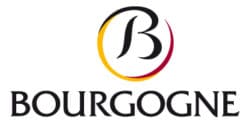
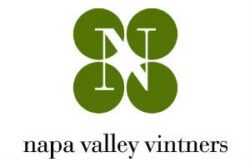

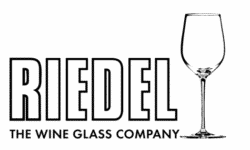

AWARD WINNING
2x WSET Educator of the Year

WE EMPOWER ANYONE TO Become A Confident Wine Authority
Our unique approach and expert instructors give enthusiasts and professionals a clear path to advance their wine expertise.
WHY STUDY WITH US?
A Student-Focused Approach
Everyone’s wine education journey is unique. You deserve a wine school that will not only deliver top notch content, but also guide you on the learning path that’s right for YOU.
We put the student at the center of everything we do. You are the reason we:
- Offer supplemental study resources you won’t find anywhere else
- Developed the industry’s most robust online learning platform, designed to make you feel like you’re in the room
- Provide wine tasting kits with most online courses, expertly curated for the learning objectives of each course
- Host industry expert webinars, highlighting details you won't find in most certifications
wine & spirits education programs that
make it easy to...
Elevate
your wine expertise
Refine
your tasting skills
Receive
world-class certification




WHO LOVES OUR PROGRAMS?
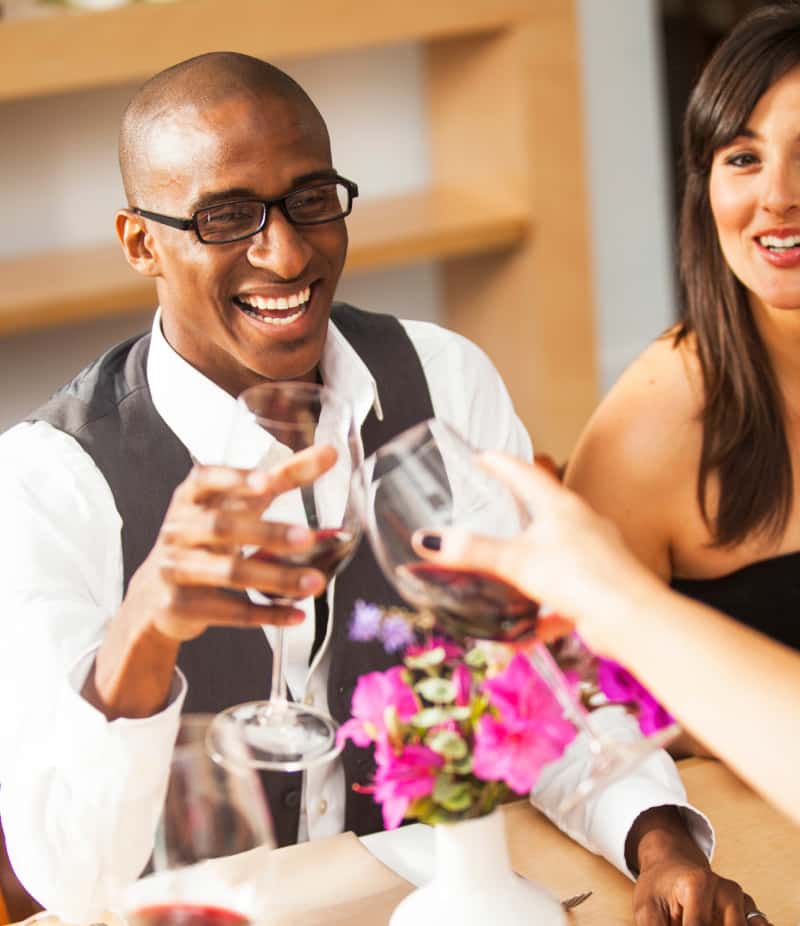
Enthusiasts
Level Up Your Wine Knowledge You’re curious or passionate about wine, and you want a clear path to knowing more.
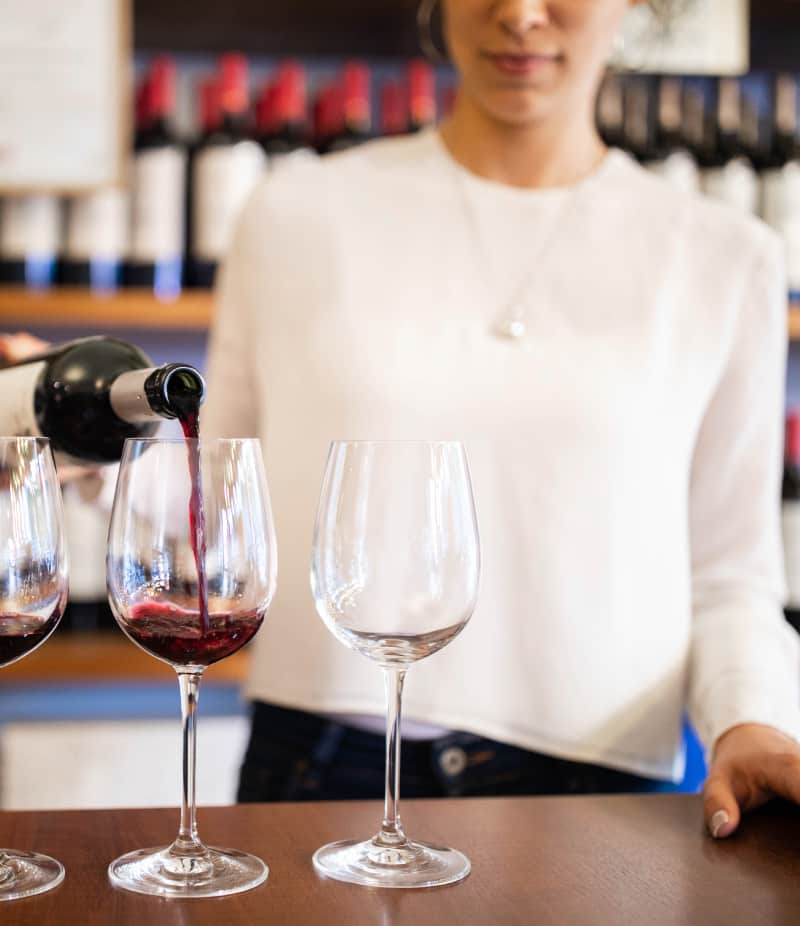
Professionals
Get Advanced Certification Amateur or expert, you want premier credentials to advance your career.
Not sure where to begin?
SIMPLIFYING THE WORLD OF WINE for All Levels
We make it easy to learn anytime, anywhere and at your own pace.

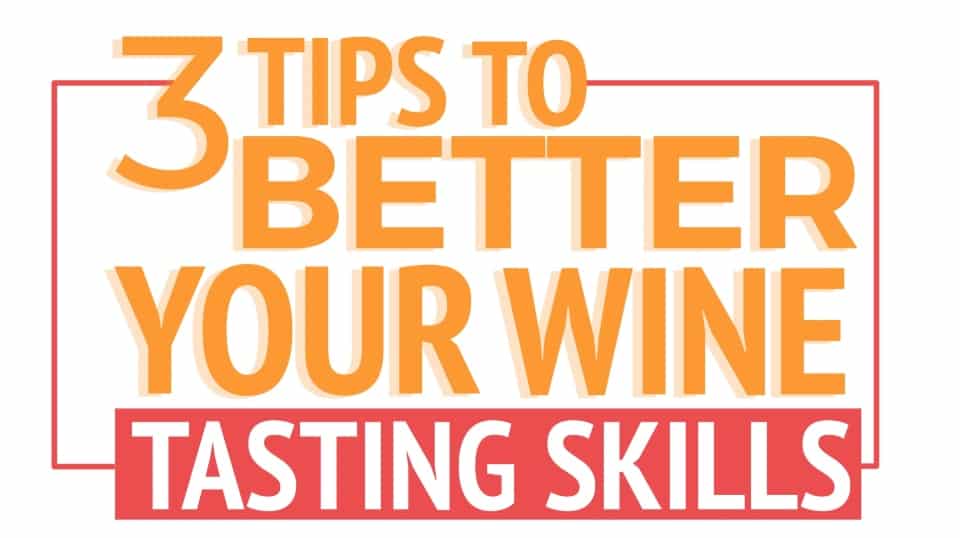
3 Ways To Better Your Wine Tasting Skills
Grab this free video series, where our very own Master Taster shares his secrets.
How We’re Different
We’re Premier, not Pretentious
(There’s a reason we have some of the highest pass rates in the industry.)







